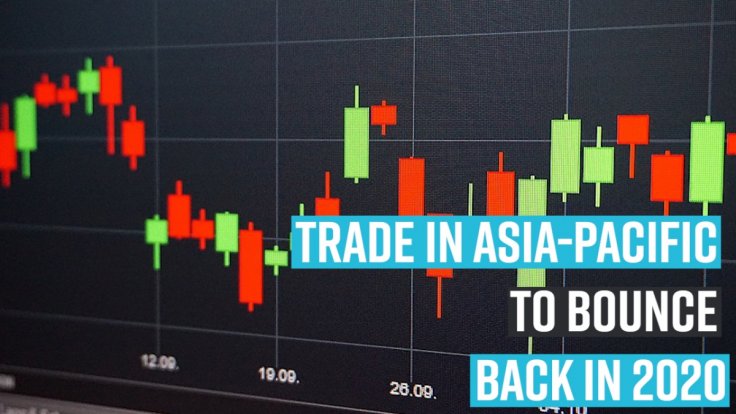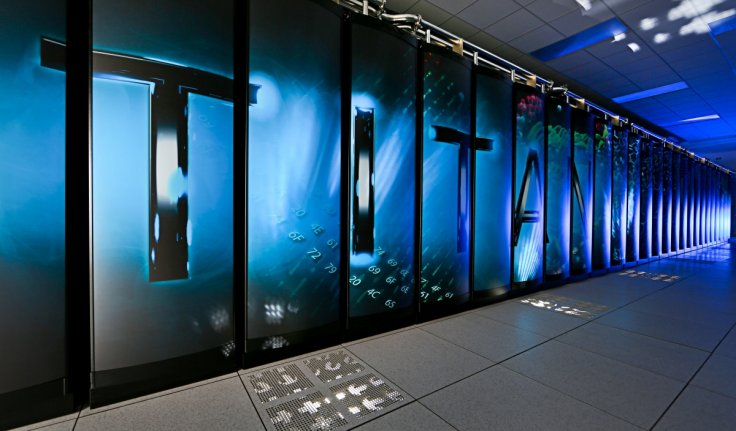Artificial Intelligence (AI), Internet of Things (IoT), and 5G will be the most influential technologies for smart cities in Asia-Pacific (APAC) during the next five years, said a market research report. The "Digital Transformation Asia-Pacific: 5G, Artificial Intelligence, Internet of Things, and Smart Cities in APAC 2019 - 2024" report being offered by Research & Markets.com, said key 5G applications for business will be IoT connectivity, SMB/corporate mobility, and fixed wireless.
IoT technology will need to adapt to support the dynamic between public and private wireless networks, while IoT systems will become increasingly more cognitive rather than relying solely upon autonomic event-response logic, it noted.
Though the biggest markets China, Korea, and Japan often get the most attention, it is important to also consider the fast growing ASEAN region including Indonesia, Malaysia, Philippines, Singapore, Thailand, Brunei, Laos, Myanmar, Cambodia, and Vietnam. In fact, many lessons learned in leading Asia-Pacific countries will be applied to the ASEAN region, said the report.
The report also identifies market opportunities for deployment and operations of key technologies within the Asia-Pacific region. Here are some major findings of the report:
Select Report Findings
By way of example, H3C Technologies Co. is planning to offer a comprehensive digital transformation platform within Thailand that includes core cloud and edge computing, big data, interconnectivity, information security, IoT, AI, and 5G solutions.
From predicting what will happen with 5G technology in the next few years to identifying how 5G will transform business, this report has focused on how an ICT company should expand business within the region. This report also focused on the role and impact of 5G, AI, and IoT technologies in Asia-Pacific, besides providing analysis about how these technologies will have a positive feedback loop effect with smart cities.

The AI segment is "currently very fragmented, characterized with most companies focusing on silo approaches to solutions. Longer-term, researchers see many solutions involving multiple AI types as well as integration across other key areas such as the Internet of Things (IoT) and data analytics. AI is expected to have a big impact on data management," mentioned the report pointing out that the impact goes well beyond data management as these technologies will increasingly become part of every network, device, application, and service.
Edge Computing
Data analytics at the edge of networks is very different than centralized cloud computing as data is contextual (example: collected and computed at a specific location) and may be processed in real-time (e.g. streaming data) via big data analytics technologies. Edge Computing represents an important ICT trend in which computational infrastructure is moving increasingly closer to the source of data processing needs.
This movement to the edge does not diminish the importance of centralized computing such as is found with many cloud-based services. Instead, computing at the edge offers many complementary advantages including reduced latency for time sensitive data, lower capital costs and operational expenditures due to efficiency improvements.
AI for decision-making
For both core cloud infrastructure and edge computing equipment, the use of AI for decision making in IoT and data analytics will be crucial for efficient and effective decision making, especially in the area of streaming data and real-time analytics associated with edge computing networks.

Real-time data will be a key value proposition for all use cases, segments, and solutions. The ability to capture streaming data, determine valuable attributes, and make decisions in real-time will add an entirely new dimension to service logic. In many cases, the data itself, and actionable information will be the service.
AI support of IoT or AIoT
Many industry verticals will be transformed through AI integration with enterprise, industrial, and consumer product and service ecosystems. It is destined to become an integral component of business operations including supply chains, sales, and marketing processes, product and service delivery and support models. The term for AI support of IoT (or AIoT) is just beginning to become part of the ICT lexicon as the possibilities for the former adding value to the latter are only limited by the imagination.
AI, IoT, and 5G will provide the intelligence, communications, connectivity, and bandwidth necessary for highly functional and sustainable smart cities market solutions. The combination of these technologies will attract innovation that will create further advancements in various industry verticals and other technologies such as robotics and virtual reality.

In addition, these technologies are destined to become an integral component of business operations including supply chains, sales, and marketing processes, product and service delivery and support models. For example, AI will work in conjunction with IoT to substantially improve smart city supply chains. Metropolitan area supply chains represent complex systems of organizations, people, activities, information, and resources involved in moving a product or service from supplier to customer.
Smart future cities in Asia-Pacific
Smart cities in particular represent a huge market for Asia-Pacific digital transformation through a combination of solutions deployed urban environments that are poised to transform the administration and support of living and working environments. Smart city development is emerging as a focal point for growth drivers in several key ICT areas including 5G, AI, IoT, and the convergence of AI and IoT known as the Artificial Intelligence of Things or simply AIoT.
Sustainable smart city technology deployments depend upon careful planning and execution as well as monitoring and adjustments.









